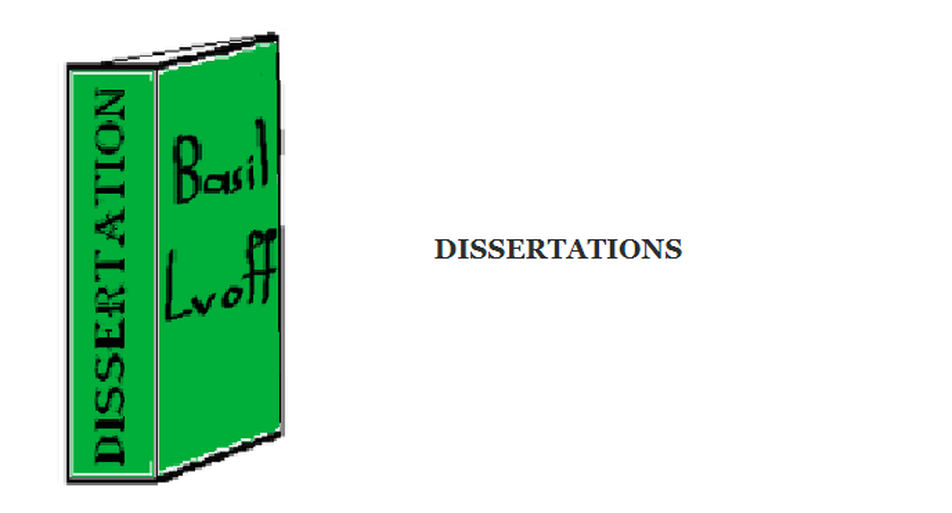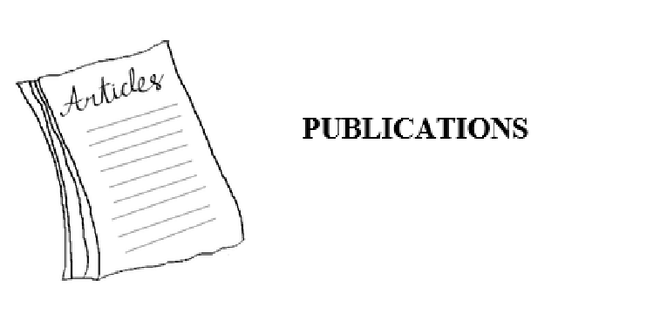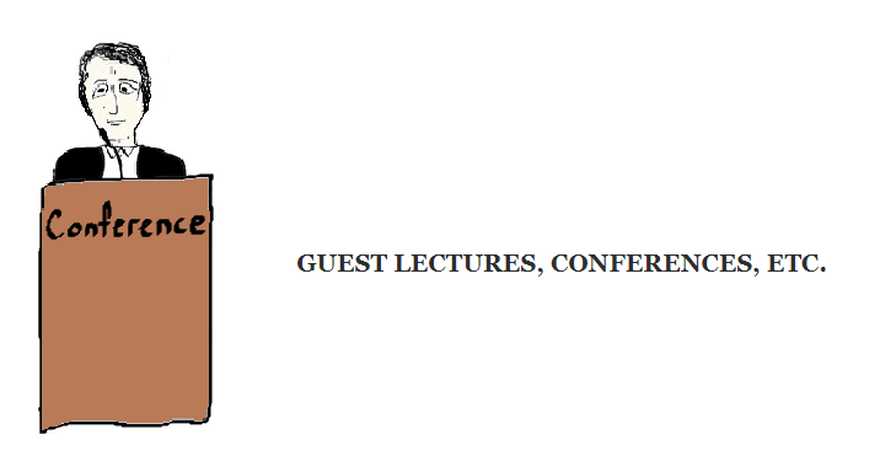
Defended (2020, Doctor of Philosophy in Comparative Literature)
The Problem of Literary Development
in Russian Formalism and Digital Humanities.
The Graduate Center of the City University of New York,
Doctoral Program in Comparative Literature
The interest of this dissertation is how our understanding of literary development (as gradual or revolutionary; autonomous or sociopolitical; like or unlike biological evolution) informs the status, meaning, and value of literature and literary studies. The question is most pressing in the post-logocentric, post-Gutenberg, age of ours. I show how this problem was addressed at the dawn of contemporary literary theory by the Russian Formalists, whom I compare with Distant Readers (DH literary scholars). I argue that the two movements were brought about by a big bang of data: Big Data proper for DH, and in the case of Russian Formalism, the abundance of literary and linguistic facts that nineteenth-century positivists amassed without creating a universal linguistic or literary theory to explain them. A major contribution of this dissertation is the critical introduction of the recently rediscovered Formalist Boris Yarkho, who anticipated Distant Reading by decades in his quantitative, statistics-driven, application of evolutionary biology to literature. Juxtaposing the best-known Russian Formalists of Shklovsky’s group with Distant Readers (mainly Moretti) and Yarkho, as well as Marshall McLuhan (regarded as a “Russian” Formalist of the digital age), I rewrite the institutional history of Russian Formalism and give a history to Distant Reading. Distant Reading meets its precursors, to embrace or rebel against, having to deal with “the anxiety of influence.” Russian Formalism as a theory faces a new challenge on its home field.
Directors: Dr. Elizabeth Beaujour and Dr. Ilya Kliger (NYU).
Readers: Dr. Lev Manovich and Dr. Martin Elsky.
Defended (2015, Candidate of Philology [equivalent to Ph.D.])
The Literary Journalism of the Formal School:
Yuri Tynianov, Viktor Shklovsky, and Boris Eikhenbaum.
Text.
Lomonosov Moscow State University,
School of Journalism,
Department of Literary Criticism
Director: Dr. Vladimir Novikov.
Opponents: Dr. Igor Shaitanov and Dr. Monika Spivak.
The Problem of Literary Development
in Russian Formalism and Digital Humanities.
The Graduate Center of the City University of New York,
Doctoral Program in Comparative Literature
The interest of this dissertation is how our understanding of literary development (as gradual or revolutionary; autonomous or sociopolitical; like or unlike biological evolution) informs the status, meaning, and value of literature and literary studies. The question is most pressing in the post-logocentric, post-Gutenberg, age of ours. I show how this problem was addressed at the dawn of contemporary literary theory by the Russian Formalists, whom I compare with Distant Readers (DH literary scholars). I argue that the two movements were brought about by a big bang of data: Big Data proper for DH, and in the case of Russian Formalism, the abundance of literary and linguistic facts that nineteenth-century positivists amassed without creating a universal linguistic or literary theory to explain them. A major contribution of this dissertation is the critical introduction of the recently rediscovered Formalist Boris Yarkho, who anticipated Distant Reading by decades in his quantitative, statistics-driven, application of evolutionary biology to literature. Juxtaposing the best-known Russian Formalists of Shklovsky’s group with Distant Readers (mainly Moretti) and Yarkho, as well as Marshall McLuhan (regarded as a “Russian” Formalist of the digital age), I rewrite the institutional history of Russian Formalism and give a history to Distant Reading. Distant Reading meets its precursors, to embrace or rebel against, having to deal with “the anxiety of influence.” Russian Formalism as a theory faces a new challenge on its home field.
Directors: Dr. Elizabeth Beaujour and Dr. Ilya Kliger (NYU).
Readers: Dr. Lev Manovich and Dr. Martin Elsky.
Defended (2015, Candidate of Philology [equivalent to Ph.D.])
The Literary Journalism of the Formal School:
Yuri Tynianov, Viktor Shklovsky, and Boris Eikhenbaum.
Text.
Lomonosov Moscow State University,
School of Journalism,
Department of Literary Criticism
Director: Dr. Vladimir Novikov.
Opponents: Dr. Igor Shaitanov and Dr. Monika Spivak.


